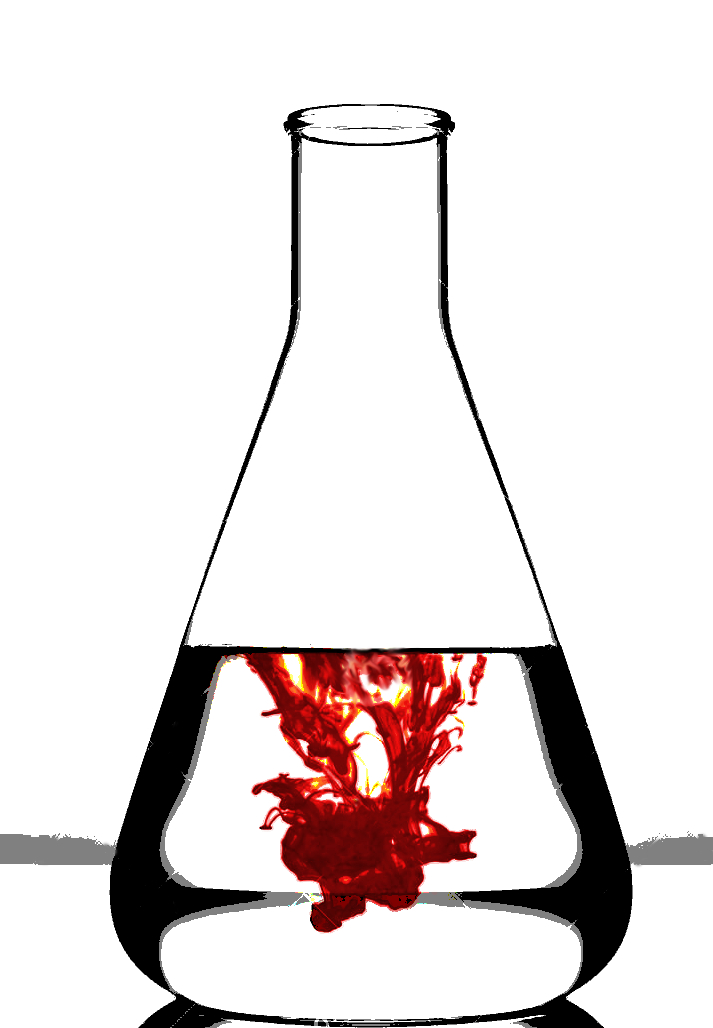Study hints at universal cancer check
 Australian researchers have discovered a unique DNA nano-signature common to all cancers.
Australian researchers have discovered a unique DNA nano-signature common to all cancers.
University of Queensland researcher Dr Abu Sina says the signature is distinct from healthy cells and common to all cancers.
“This unique nano-scaled DNA signature appeared in every type of breast cancer we examined, and in other forms of cancer including prostate, colorectal and lymphoma,” he said.
“The levels and patterns of tiny molecules called methyl groups that decorate DNA are altered dramatically by cancer – these methyl groups are key for cells to control which genes are turned on and off.”
The team has now developed a tool that can look at these pattern changes at the whole genome level within minutes.
They found that intense clusters of methyl groups placed in a solution caused cancer DNA fragments to fold into unique three-dimensional nanostructures that could easily be separated by sticking to solid surfaces such as gold.
They designed a simple test using gold nanoparticles that instantly change colour to determine if the 3D nanostructures of cancer DNA are present.
Cancer cells release their DNA into blood plasma when they die.
“So we were very excited about an easy way of catching these circulating free cancer DNA signatures in blood,” said researcher Professor Matt Trau.
“Discovering that cancerous DNA molecules formed entirely different 3D nanostructures from normal circulating DNA was a breakthrough that has enabled an entirely new approach to detect cancer non-invasively in any tissue type including blood.
“This led to the creation of inexpensive and portable detection devices that could eventually be used as a diagnostic tool, possibly with a mobile phone.”
The new technology has proved to be up to 90 per cent accurate in tests involving 200 human cancer samples and normal DNA.
“We certainly don't know yet whether it’s the holy grail for all cancer diagnostics, but it looks really interesting as an incredibly simple universal marker of cancer, and as an accessible and inexpensive technology that doesn’t require complicated lab-based equipment like DNA sequencing,” Professor Trau said.








 Print
Print